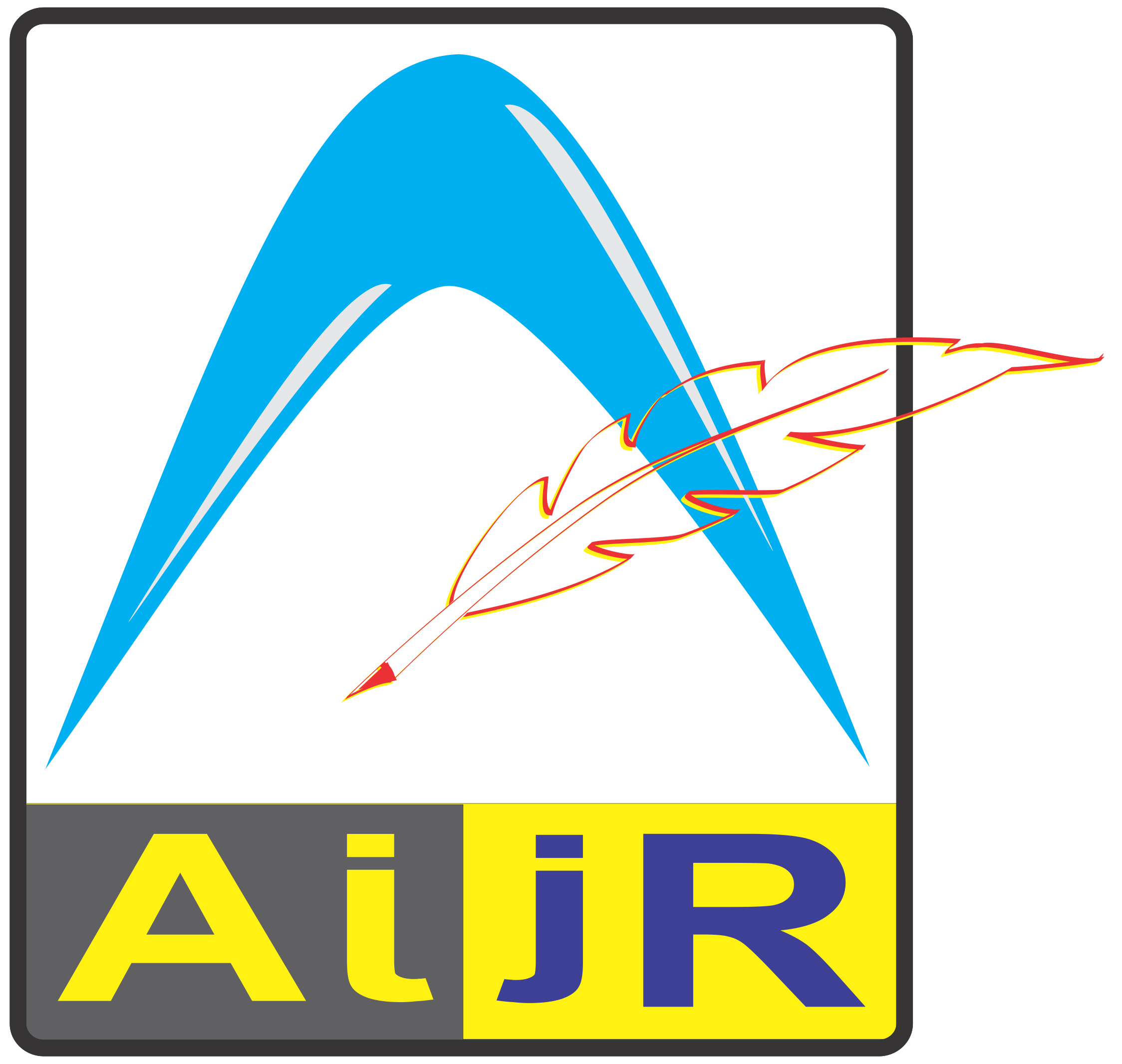
In academia, a symposium is an academic meeting organized to discuss a particular subject by the experts in that field. Participants are often experts in their fields who present papers, discuss issues, ongoing trends, and make recommendations for a certain course of action. Generally, a symposium focuses on a much narrower research topic to cover just one specific research topic. So, symposia are often smaller and shorter than your average conference.
The organizers can publish their symposium contents as proceedings, special issue, or book of abstracts.
Symposium Book of Abstracts
Publish only abstracts or extended abstracts of the article presented at symposium with ISBN & DOI.
Symposium Proceedings
Publish full length article presented at symposium as edited volume with ISBN, ISSN & DOI.
Symposium Special Issue
Publish full length article presented at symposium as special issue with ISSN & DOI.
Difference between symposium and conference
A symposium is similar to a conference with a specific focus on a particular research topic, while the conference is a general academic meeting where the focuses are much broader and may contain multiple research topics or themes or tracks within a particular academic field. The presenters at the symposium are often experts in their research topic, while the presenters at a conference may range from early-career researchers, students, to academic or industrial researchers, scientists, etc.
In short, a symposium is like a small, ultra-focused conference and hence a symposium would typically be much smaller and specific than a conference. After a symposium, attendees are expected to gain a greater degree of knowledge with a deeper understanding of the research topic or an issue discussed.
Symposia are similar to a conference with a fine difference in the focused topis, however, some organizer may not consider these differences while naming their academic events and in such cases the name being used interchangeably without any specific significance in the used meeting terms.






